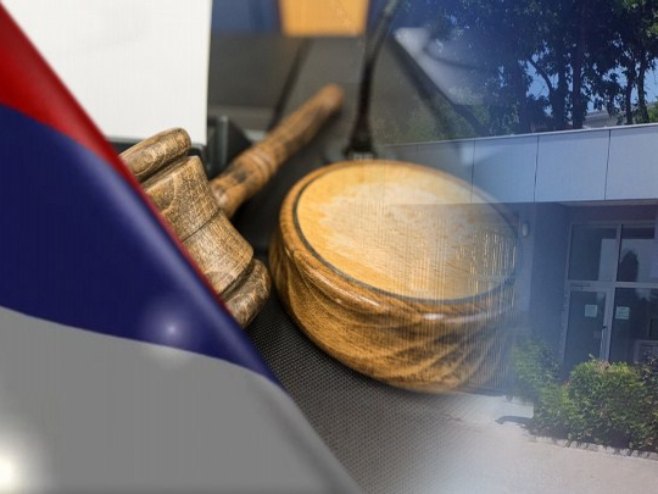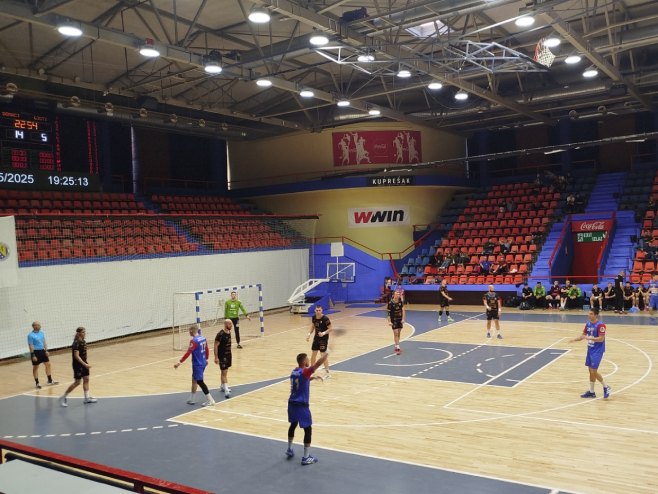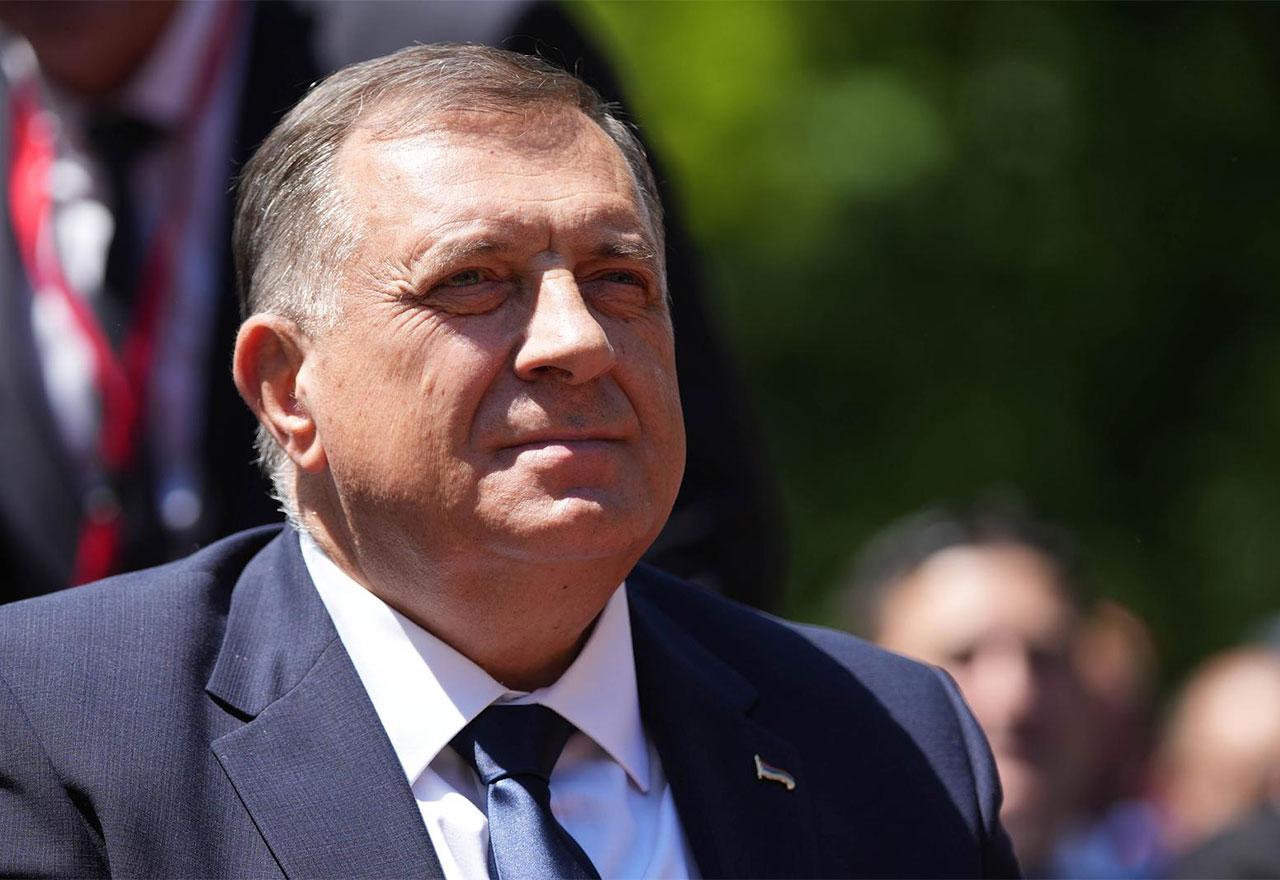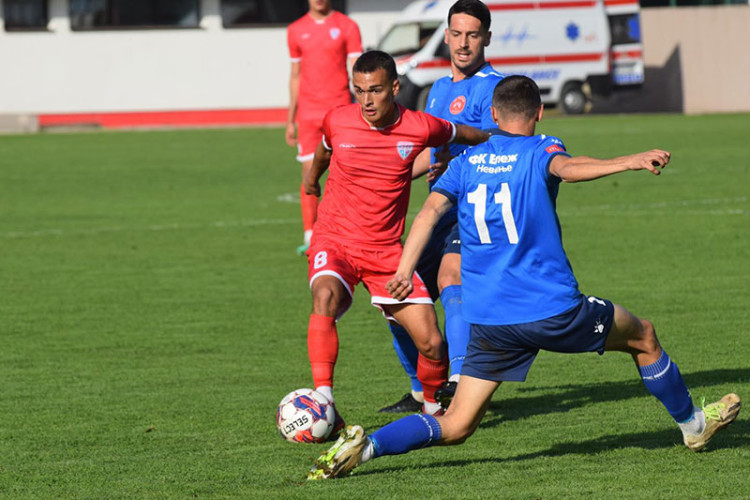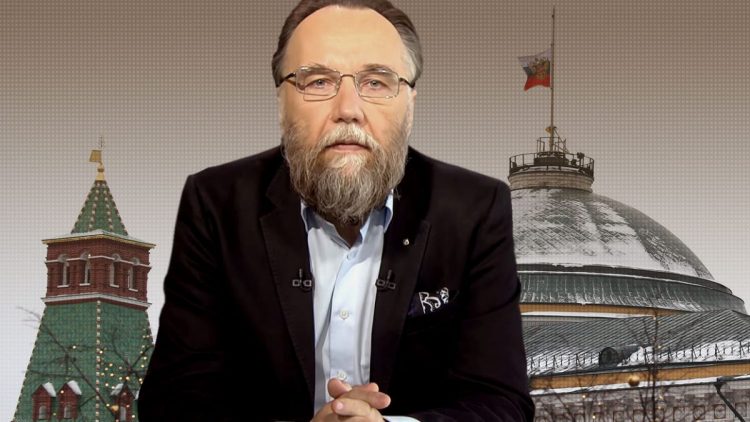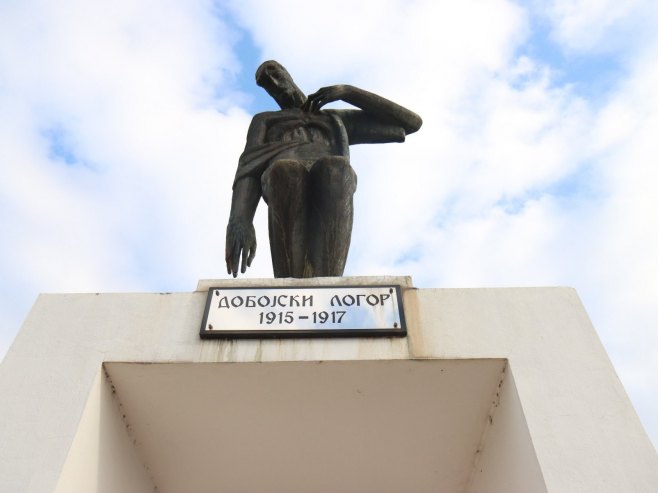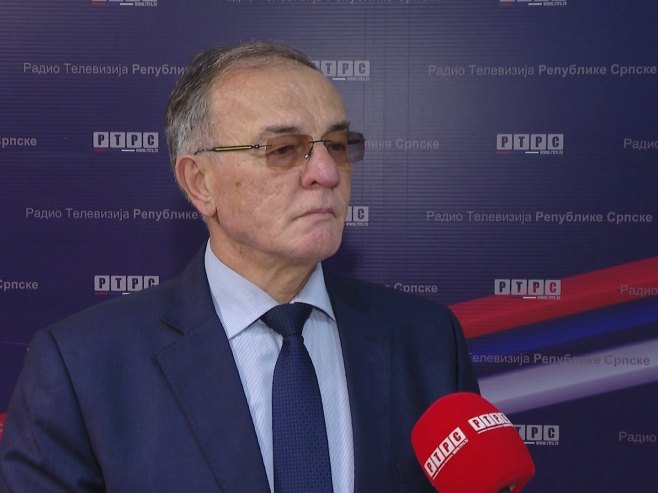Reconsidering Republika Srpska’s participation in BiH institutions and all legal acts that were forcibly imposed are among the options that legal experts recommend as a response to a potential guilty verdict against the President of Republika Srpska.
An attack on Republika Srpska, the institution of the presidency, the National Assembly, the Government, and the judicial system. An attack on electoral will—not on Milorad Dodik. Legal experts unanimously see a potential guilty verdict as a turning point for the survival of the Dayton Peace Agreement and even for Republika Srpska itself.
“If they declare our president guilty based on a law that does not exist, if they question all the competencies of the National Assembly as the highest legislative body, if they undermine the executive powers of the Government in accordance with the Constitution of Republika Srpska, then what are we? Then we are not even an empty shell. We lose even what is called cultural autonomy,” said Vitomir Popović, a professor at the Faculty of Law at the University of Banja Luka.
This is why political responses and actions by Republika Srpska’s institutions remain necessary to prevent Dodik from becoming another president condemned and removed by the international community, argues constitutional law professor Radomir Lukić.
“It is necessary to rethink the participation of Republika Srpska’s institutions in BiH and, in that context, reconsider the legal status of all legal acts forcibly imposed and falsely presented as laws, even though they are decrees and expressions of sheer arbitrariness,” Lukić emphasized.
According to the Constitution of BiH, only the Parliamentary Assembly can enact laws. Why, in this case, was Christian Schmidt not the one facing charges for violating the Constitution? How did he assume the role of a legislator despite clear provisions in the Dayton Peace Agreement?
“This certainly cannot be concluded even by analyzing the Bonn powers or, to be more precise, the Bonn Declaration. First, because the Bonn Declaration is not a legal act at all, and second, because even that document did not grant the High Representative the authority to impose laws,” explained Goran Marković, Dean of the Faculty of Law at the University of East Sarajevo.
But who exactly is the High Representative? This question is not only asked by legal experts. The opportunity for Christian Schmidt to answer this question in court was prevented by Judge Sena Uzunović, who has now received significant backing from numerous federal media outlets, analysts, and politicians, emphasizing the so-called enormous pressure she is allegedly facing, says Nenad Kecmanović.
“Even serious Bosniak legal experts warn that the judge undermined the trial when she rejected the defense’s request to summon the key witness, Schmidt, to prove he is indeed the High Representative. If she convicts Dodik, she may receive a higher rank in the legal-political hierarchy, but she will also go down in legal analyses as a paradigm of ignorance and immorality. If she rules otherwise—‘woe to her among her own,’” stated Nenad Kecmanović, professor emeritus.
Will Uzunović acknowledge the fact that there is no legal proof of Schmidt’s legitimacy as High Representative? Just as there is no valid basis for the disputed legal provision to have taken effect on the day the decree was signed and the acts passed by the National Assembly of Republika Srpska were published in the Official Gazette? Law stands on one side, while BiH’s judiciary has repeatedly demonstrated that its decisions stand on the other.
Source: RTRS



